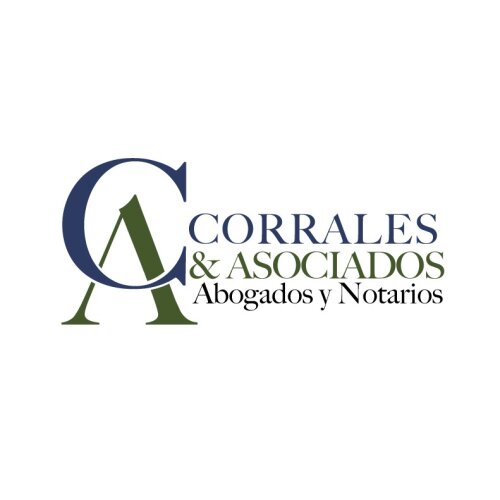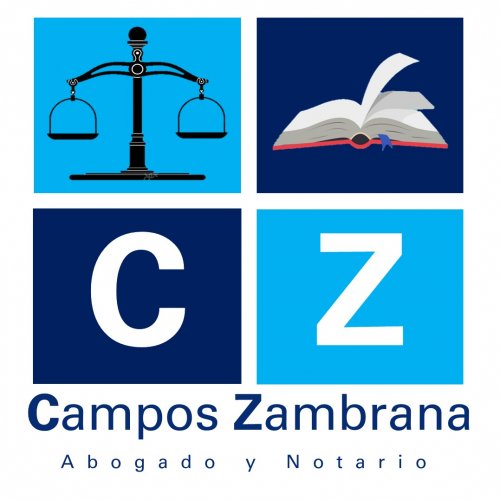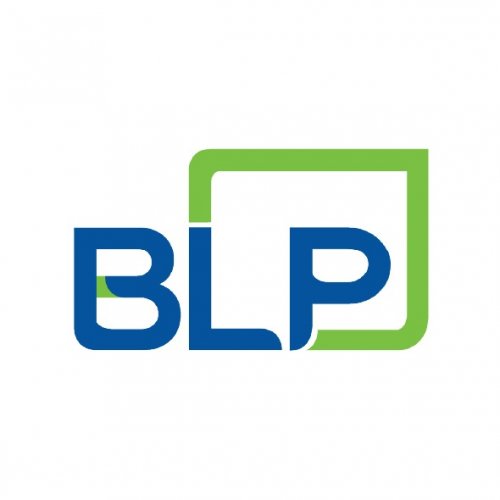Best Conveyancing Lawyers in Nicaragua
Share your needs with us, get contacted by law firms.
Free. Takes 2 min.
Free Guide to Hiring a Real Estate Lawyer
Or refine your search by selecting a city:
List of the best lawyers in Nicaragua
About Conveyancing Law in Nicaragua
Conveyancing in Nicaragua refers to the legal process of transferring property ownership from one person or entity to another. This typically involves both residential and commercial real estate transactions. Nicaraguan laws require specific steps and documentation to ensure property rights are validly transferred, and that all legal obligations, such as taxes and fees, are properly handled. The process can involve government agencies, notaries, and legal professionals to ensure all local laws and requirements are fully met.
Why You May Need a Lawyer
You may need a lawyer for conveyancing in Nicaragua in various situations. Common reasons include buying or selling a home or land, clarifying property titles, resolving ownership disputes, or navigating complex inheritance issues related to real estate. Foreign buyers, in particular, may require legal guidance due to language barriers and unfamiliarity with local regulations. A qualified lawyer ensures that contracts are legally sound, all documents are correctly filed, and your interests are protected throughout the transaction process.
Local Laws Overview
Nicaragua’s conveyancing laws are based on its Civil Code and Property Law, which regulate how property rights are transferred, registered, and protected. Key aspects include:
- Property transactions must be done through a public deed, which is drafted and authorized by a notary public.
- All property transfers must be registered with the Public Registry of Property to be valid against third parties.
- Foreigners generally have the same property rights as Nicaraguan citizens, except in areas close to borders or the coast, where restrictions may apply.
- The payment of transfer taxes, registration fees, and confirmation that there are no outstanding debts or liens on the property are required before completion.
- Due diligence is essential to verify the legitimacy of property titles and identify any legal encumbrances or disputes.
Frequently Asked Questions
What is the first step in buying property in Nicaragua?
The first step is to conduct due diligence on the property, which includes verifying the title, checking for liens or debts, and ensuring the seller has the legal right to transfer the property.
Do I need a notary public for conveyancing in Nicaragua?
Yes, the law requires all property transfers to be formalized through a public deed prepared by a registered notary public. This is an essential part of the conveyancing process.
Can foreigners own property in Nicaragua?
Yes, foreigners can own property with the same rights as nationals, except for properties located near national borders and coastlines, which have specific restrictions.
What taxes or fees do I need to pay when transferring property?
You will be responsible for paying a property transfer tax (typically 1 to 4 percent of the declared value) and registration fees, as well as any administrative charges required during the process.
Is it safe to buy property in Nicaragua?
While many property transactions go smoothly, it is crucial to conduct proper legal due diligence and work with reputable professionals to avoid risks such as fraudulent titles or unresolved disputes.
How long does the conveyancing process typically take?
The process can take anywhere from a few weeks to a few months, depending on the complexity of the transaction, the efficiency of the involved parties, and the completeness of documentation.
What documents are needed for conveyancing?
Key documents include the current property title, identification documents, proof of payment for taxes and fees, and the public deed of sale prepared by a notary public.
What happens if property disputes arise after purchase?
Disputes can be resolved through negotiation, mediation, or through court proceedings, depending on the nature of the dispute. Having a qualified lawyer helps protect your interests if such issues arise.
Are there special rules for inheriting property in Nicaragua?
Inheritance of property is also governed by the Civil Code. The process includes proving the will or intestacy, resolving any debts, and registering the property in the heirs’ names through a legal proceeding.
Do I need to be present in Nicaragua to complete a property transfer?
You do not need to be physically present. You can grant a power of attorney to a trusted lawyer or representative in Nicaragua to handle the transaction on your behalf.
Additional Resources
If you need more information or assistance, consider reaching out to the following:
- The Public Registry of Property (Registro Público de la Propiedad) for property records and legal registrations
- Nicaraguan Bar Association (Colegio de Abogados de Nicaragua) for finding licensed legal professionals
- Notary Public Offices for formalizing deeds and documents
- Local municipalities for property tax information and payments
- Ministry of Development, Industry, and Commerce (MIFIC) for foreign investment guidelines
Next Steps
If you are considering a property transaction or are facing issues related to conveyancing in Nicaragua, it is important to seek professional legal advice. Start by gathering all relevant documents related to the property and identifying your objectives. Research and consult with a qualified lawyer who specializes in conveyancing and real estate law in Nicaragua. Discuss your situation, ask about the specific steps and anticipated costs, and make sure you clearly understand your rights and obligations before proceeding. Throughout the process, maintain clear communication with all involved parties and ensure each stage is properly documented and legally compliant.
Lawzana helps you find the best lawyers and law firms in Nicaragua through a curated and pre-screened list of qualified legal professionals. Our platform offers rankings and detailed profiles of attorneys and law firms, allowing you to compare based on practice areas, including Conveyancing, experience, and client feedback.
Each profile includes a description of the firm's areas of practice, client reviews, team members and partners, year of establishment, spoken languages, office locations, contact information, social media presence, and any published articles or resources. Most firms on our platform speak English and are experienced in both local and international legal matters.
Get a quote from top-rated law firms in Nicaragua — quickly, securely, and without unnecessary hassle.
Disclaimer:
The information provided on this page is for general informational purposes only and does not constitute legal advice. While we strive to ensure the accuracy and relevance of the content, legal information may change over time, and interpretations of the law can vary. You should always consult with a qualified legal professional for advice specific to your situation.
We disclaim all liability for actions taken or not taken based on the content of this page. If you believe any information is incorrect or outdated, please contact us, and we will review and update it where appropriate.
Browse conveyancing law firms by city in Nicaragua
Refine your search by selecting a city.











